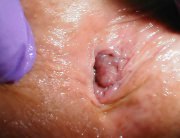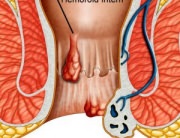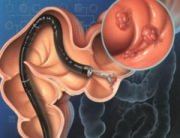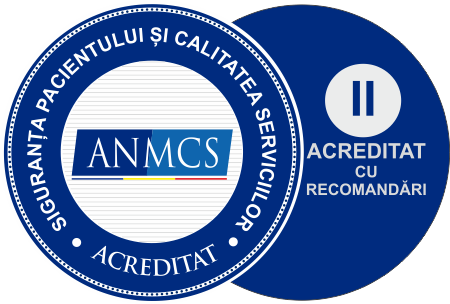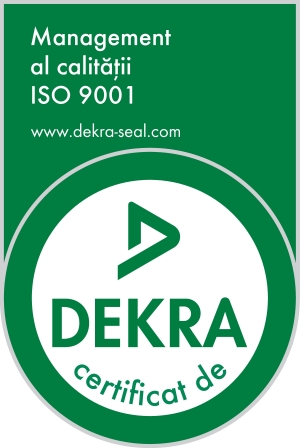 What is the cause of haemorrhoids? What Causes Haemorrhoids? The main trigger of haemorrhoids is the pressure exerted on the veins located in the pelvic and rectal area. This pressure occurs as a consequence of several factors: constipation, diarrhea, sitting or standing for long periods of time, obesity, pregnancy or hereditary factors. Below are the details of each specific cause and the possible solutions.
What is the cause of haemorrhoids? What Causes Haemorrhoids? The main trigger of haemorrhoids is the pressure exerted on the veins located in the pelvic and rectal area. This pressure occurs as a consequence of several factors: constipation, diarrhea, sitting or standing for long periods of time, obesity, pregnancy or hereditary factors. Below are the details of each specific cause and the possible solutions.
One of the main causes of haemorrhoids is a a wrong position on the toilet sit. In order to make sure you adopt the right position, follow these steps: sit as you normally would on your toilet, lift your soles so that you rest on your tips and bend forwards to rest your elbows on your knees. This position helps avoid straining upon the elimination of the stool and implicitly decreases the chances of haemorrhoid protrusion or relapse.
Constipation is another frequent haemorrhoid cause. Straining during stool elimination generates a high pressure on the rectal area veins and causes them to swell (such as it is the case with varicose veins). In order to avoid constipation problems, try to control stool elimination. Breathing exercises also are very useful to facilitate stool elimination.
In the case of diarrhea, you may have a number of stools of abnormal consistency. These stools may cause the ptosis (prolapse) of the intestine and the onset of haemorrhoids. Because diarrhea can also be caused by improper food hygiene, make sure you wash your hands before each meal and wash the vegetable and fruit prior to consumption.
Excessive local hygiene may cause haemorrhoids or the aggravation of the symptoms. A diet rich in fibres and liquids fosters normal stool evacuation (elimination) and helps avoid the need for excessive local hygiene. The use of fine toilet paper is also recommended.
Another important cause of haemorrhoids is pregnancy. The maximum pressure is exerted during childbirth and upon the expulsion of the foetus. In order to prevent haemorrhoids, physical and breathing exercises are recommended, especially in the incipient stage of the pregnancy.
The effort made to lift weights may lead to the appearance or aggravation of haemorrhoid symptoms. If your professional activity involves weight lifting, discuss this aspect with persons specialized in the performance of this type of activity.
Liver disorders can also exert pressure onto the veins, considering that the blood accumulates in and around the pelvic. Avoid excessive alcohol and caffeine consumption, junk food (without nutritional value or with an excessive content of unsaturated fats, salt, sugar) and try to keep your liver and heart healthy.
If you are overweight, the excess weight exerts a constant pressure onto the anal area and may cause or aggravate the haemorrhoid symptoms, especially when you sit. In order to decrease the haemorrhoid symptoms or prevent their onset, try and lose the excess weight.
The hereditary factorsalso play an important role. Some people have a genetic predisposition to this type of disorder and, in this case, there are no prevention solutions. Exercise, especially to relax the sphincter anal muscles (muscles surrounding the anal area).
Anal intercourseis another cause of haemorrhoids. Regardless of the quality and quantity of anal lube, the anal area is not meant for such intercourse.



